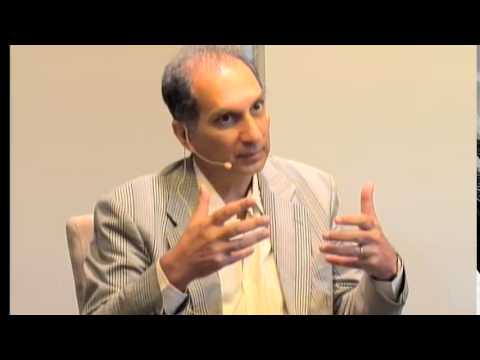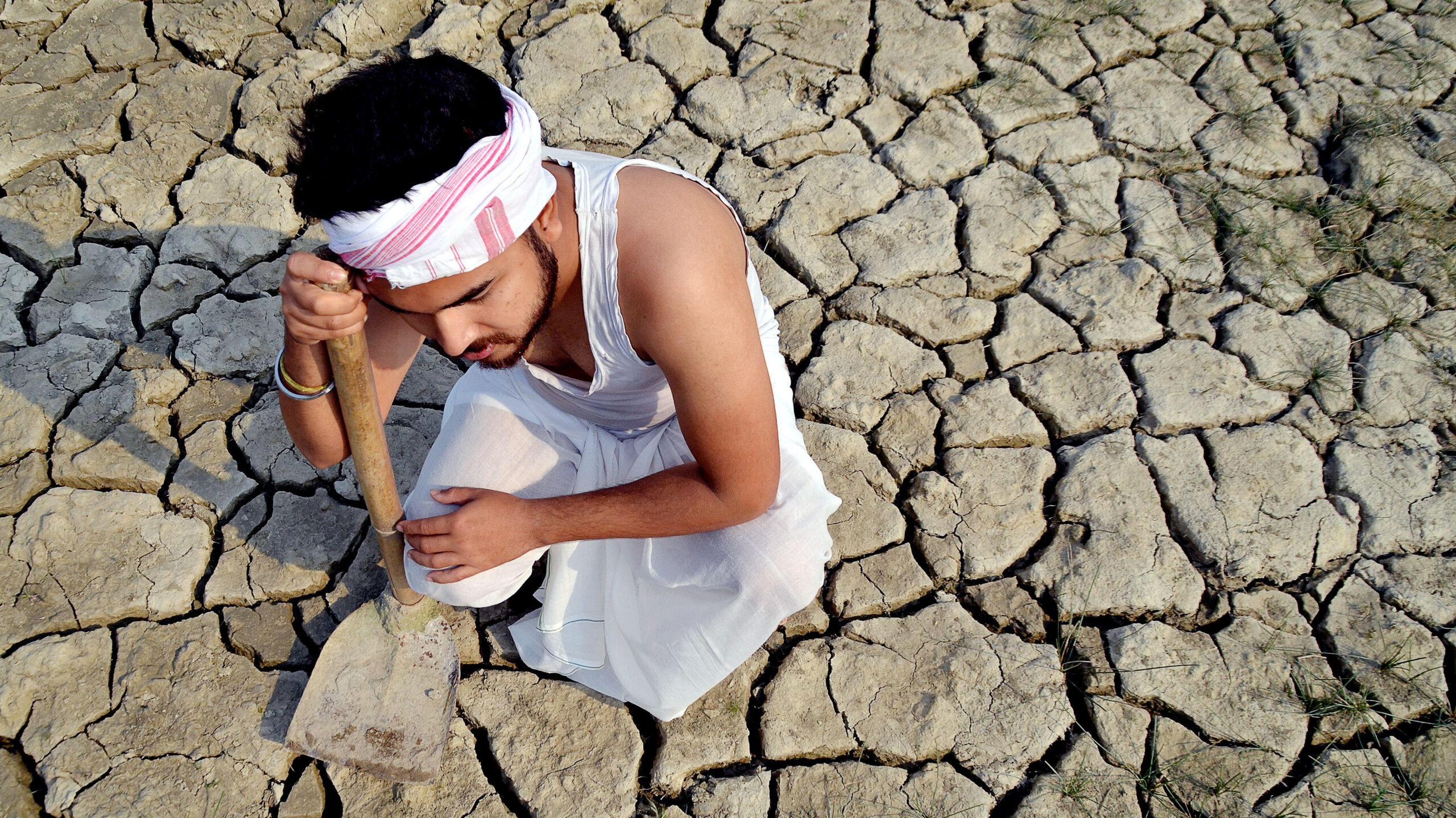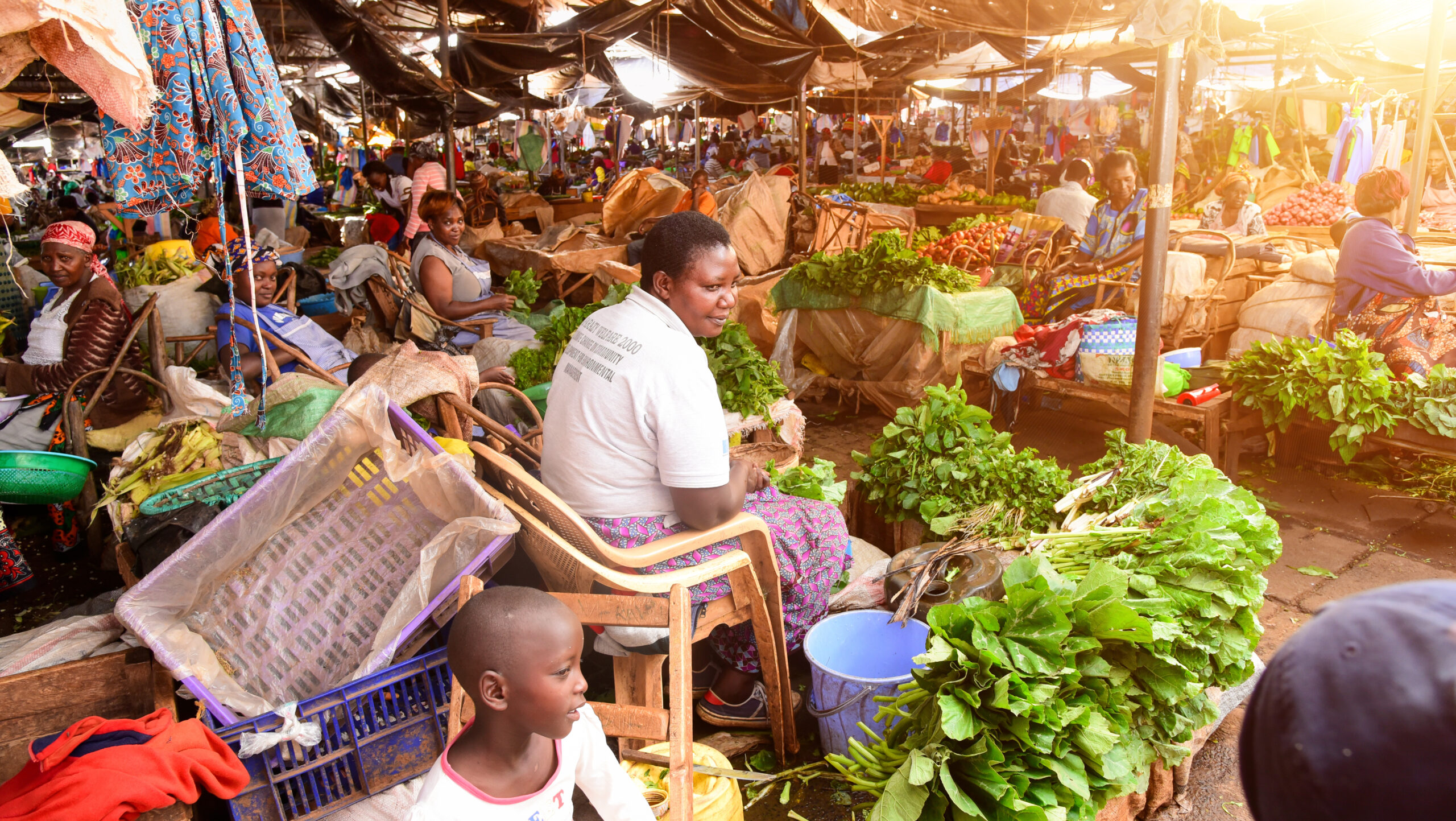The following guest blog was authored by Nabeeha Mujeeb Kazi, President and CEO at Humanitas Global, and Chair of the Community for Zero Hunger. On September 2, 2015, Kazi served as lead moderator at an IFPRI Policy Seminar on “The road to New York: Keeping the SDGs agenda in focus.”
This month the world will adopt the Sustainable Development Goals (SDGs). The SDGs build from the Millennium Development Goals (MDGs), which are set to expire at the end of this year.
The development of the SDGs—17 goals and 168 corresponding targets—has been a multi-year, highly participatory process. Everyone has been encouraged to participate in some form or fashion; however our work is not yet complete.
The next task is setting indicators that align with the goals and targets, and taking on the most challenging work: implementing well-coordinated, community-accepted actions, and measuring progress against these goals.
I had the opportunity to moderate an IFPRI-hosted panel on “The Road to New York: Keeping the SDGs’ Agenda in Focus.” Panelists Shenggen Fan and Claudia Ringler from IFPRI were joined by distinguished guests Francisco Ferreira from the World Bank, Homi Kharas from the Brookings Institution, and Andrew Steer from the World Resources Institute, to discuss and debate the precise points on getting SDG implementation right.
Any conversation related to the SDGs is complex. However, the panelists raised very important cross-cutting issues and opportunities that we must be watching and advocating for on the road to New York and beyond.
Accountability, measurement, multisectoral engagement, financing, and overall coordination and alignment were noted as absolutely critical if we want to achieve the SDGs. Key points highlighted include:
A challenge for adoption is not necessarily the number of goals and targets, but financing. Panelists discussed the barriers and considerations associated with “paying for the SDGs.” Kharas noted that while a clear and comprehensive financing mechanism has yet to emerge, we have an opportunity to go beyond external pathways and enhance the pot with domestic sources, including funds that governments will invest into their own programs, and innovative financing approaches. We must be very concrete on the financing plan; otherwise we will be left with great ideas and great intentions but no real way to activate them.
Policies and programs must be designed for multiple wins. The global community is concerned about tradeoffs. For example, can we realistically expect a doubling in agricultural production without an impact on the environment? Fan argued that we must leverage technology and multisectoral knowledge to get the greatest bang for our buck. In fact, innovations in agriculture have already demonstrated that we can increase crop yields while also reducing both water use and carbon emissions, and improving the vitamin and mineral profile of key crops. Fan also noted that our policies must deliberately prevent tradeoffs instead of reinforcing them, which is the concern around subsidies for fertilizers, water, and energy.
Sustainability is front and center, but a well-defined action plan must emerge. We have come a long way from 15 years ago when the writers of the MDGs almost forgot about the environment. While “sustainability” reigns supreme in the SDGs, Ringler noted that we risk falling short. The environment and natural resource-specific targets must be supported by well-informed indicators, and a well-defined implementation plan that accounts for what is measured, how it is measured, and clear standards for measurement and progress to which we all are agreeing.
Multistakeholder platforms are best equipped to promote accountability and support measurement. There is agreement that progress toward the SDGs requires the participation of individuals and institutions from a range of sectors and levels. Steer noted that multistakeholder platforms are critical for swift action, are best able to hold governments and institutions accountable, play a central role in monitoring, and ensure that implementation is well coordinated. Siloed, top-down approaches have proven to be ineffective in building sustained change and impact at scale, and we must learn from this.
Communities must drive. A consistent theme that emerged was recognizing the role of community. We will be limited in how we implement actions for the SDGs if communities do not inform country-level programs, and participate in implementation and a scale up of what is well accepted and works. Ferreira noted that the goals are not meant to be an international community effort, rather an effort that must be driven by individual countries, and more specifically communities. He added that when community-led efforts that focus on opportunities for the poor—including education, health, and jobs—emerge, we can beat poverty and sustain change.
Our discussion around the SDGs reinforced that much work is still required, but also emphasized that we are all in this together and must carry the momentum forward. In addition, with countries and communities at the forefront, we can escalate progress.
Last week, UN Secretary General Ban Ki-moon stated that the 17 goals and the 168 targets were “people centered and planet sensitive,” and are meant to leave no one behind. Leaving no one behind is our ultimate mandate, and the dominant call to action on the road to New York and beyond. It also will determine how successful we are in our efforts to finish what we started with the MDGs.







